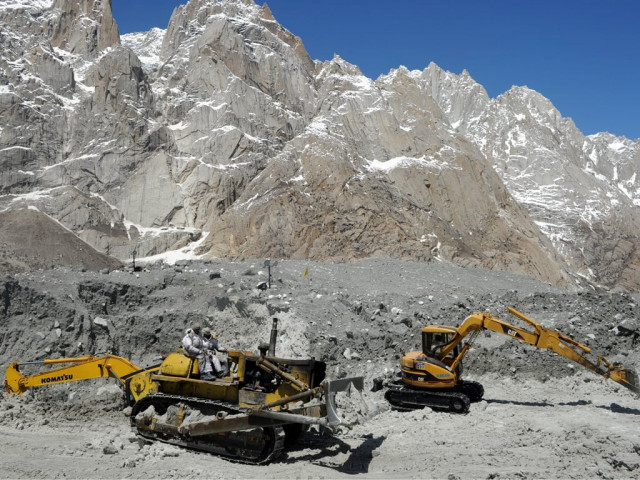Wasting resources on Siachen
A withdrawal from Siachen would free some of that money to be spent on more worthwhile endeavours.

Everyone knows that more troops in Siachen die because of the weather conditions than in combat. The strategic importance of Siachen is sometimes downplayed as the area is important for determining who controls water resources in case of war, but this in no way justifies the occupation of the glacier. At a time when there are hopes that outstanding issues like Kashmir may finally be nearing a solution, this stalemate has thrown cold water on such a desire. If an issue like Siachen cannot be resolved, then what hope is there for lasting peace between the two countries?
The peace process has been a case of two steps forward and then one step back. Just when it seems like breakthroughs are possible on issues like a relaxed visa regime, one of the two countries refuses to give its assent. Regrettably, in the talks over the visa regime and Siachen, it seems like India was less willing to make concessions. As the more powerful side, India often feels the need to flex its muscles. Lasting peace will bring economic and political benefits to both countries as they already spend far too much of their budgets on defence. A withdrawal from Siachen would free some of that money to be spent on more worthwhile endeavours.
Published in The Express Tribune, June 14th, 2012.















COMMENTS
Comments are moderated and generally will be posted if they are on-topic and not abusive.
For more information, please see our Comments FAQ